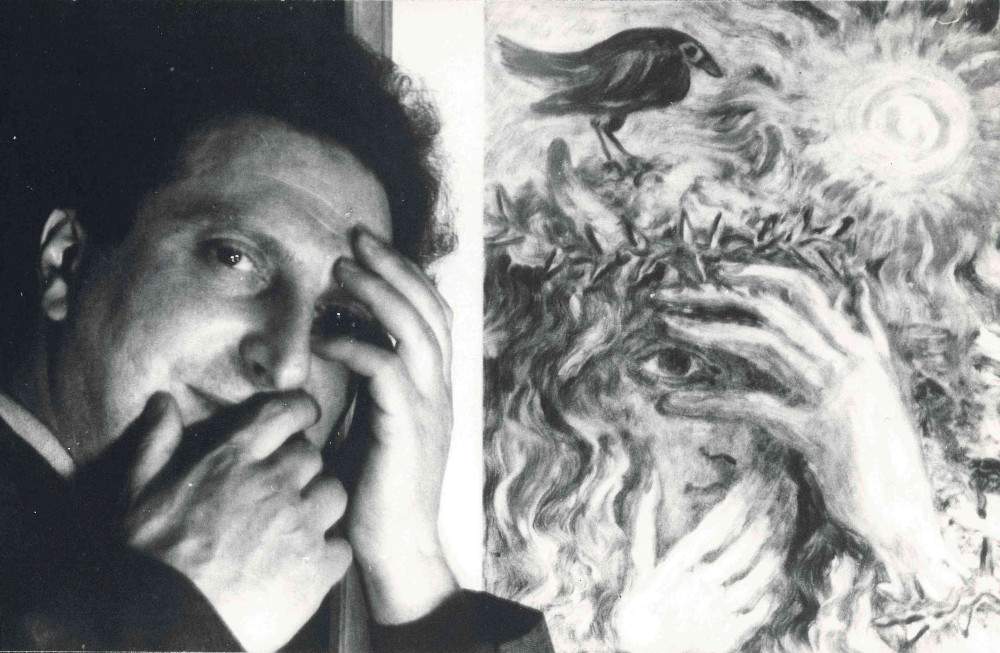The Carlo Levi Foundation and the Fondazione Archivio Audiovisivo del Movimento Operaio e Democratico (Audiovisual Archive of the Workers’ and Democratic Movement Foundation ) are dedicating a study day to Carlo Levi aimed at investigating his relationship withcinema, on the occasion of the celebrations dedicated to the 120th anniversary of the birth of the great painter, writer, politician and intellectual. Carlo Levi. The gaze in motion, this is the title of the initiative realized thanks to the support of the Ministry of Culture - Directorate General for Education Research and Cultural Institutes, will take place at the Sala Zavattini of AAMOD (Via Ostiense 106, Rome) on Tuesday, Nov. 29, from 10 a.m. until 6 p.m.
Carlo Levi’s articulate relationship with cinema will be analyzed by extending the investigation not only to the specifics of his activity in film in the most varied guises (he was in fact the author of film subjects and screenplays, and of sets and costumes), but also to his way of “looking at the Meridione,” through literature and painting, which had a particular influence on the activity of other filmmakers after World War II.
The most recent research conducted on Levi’s work with an interdisciplinary inclination by historians of art, literature, and cinema, as well as by anthropologists, leads one to believe that the reflection on cinema and its codes of expression was not marginal for Levi, so much so that it prompts one to question what its real influence was in each era on his entire work as a scholar and artist, but also as an essayist and political observer.
In the light of the most recent studies and much research still in progress and to be done, among them the papers of the Carlo Levi Fund in Alassio from which a hitherto unexplored affair has emerged, concerning a script from the 1950s for Augusto Genina on the life of Amedeo Modigliani, which never made it to film, the conference will involve intellectuals and scholars from a number of Italian universities for a point of view on the relationship between Levi and cinema. It is a theme that saw Levi proliferate as early as the 1930s in the writing of subjects and screenplays, sometimes together with his friend Mario Soldati, and that continued with his collaboration with the poet Rocco Scotellaro, in the years 1946-1953, in projects involving the film adaptation of Christ Stopped at Eboli, and the screenplay of The Fires of San Pancrazio. Levi’s, Scotellaro’s and De Martino’s descriptions of the traditional peasant culture of the Meridione are the basis of the inspiration of many filmmakers, and it is interesting to explore, from an anthropological-cultural perspective, their influence on some documentary films produced in Italy between 1953 and 1976, concerning in particular Lucania.
At the end of the study day, the documentary film Carlo Levi, the moving gaze by Paolo Di Nicola will be screened.
Admission is free to all, subject to availability.
Image © Carlo Levi Foundation
 |
| A study day in Rome on the relationship between Carlo Levi and cinema on the 120th anniversary of his birth |
Warning: the translation into English of the original Italian article was created using automatic tools. We undertake to review all articles, but we do not guarantee the total absence of inaccuracies in the translation due to the program. You can find the original by clicking on the ITA button. If you find any mistake,please contact us.